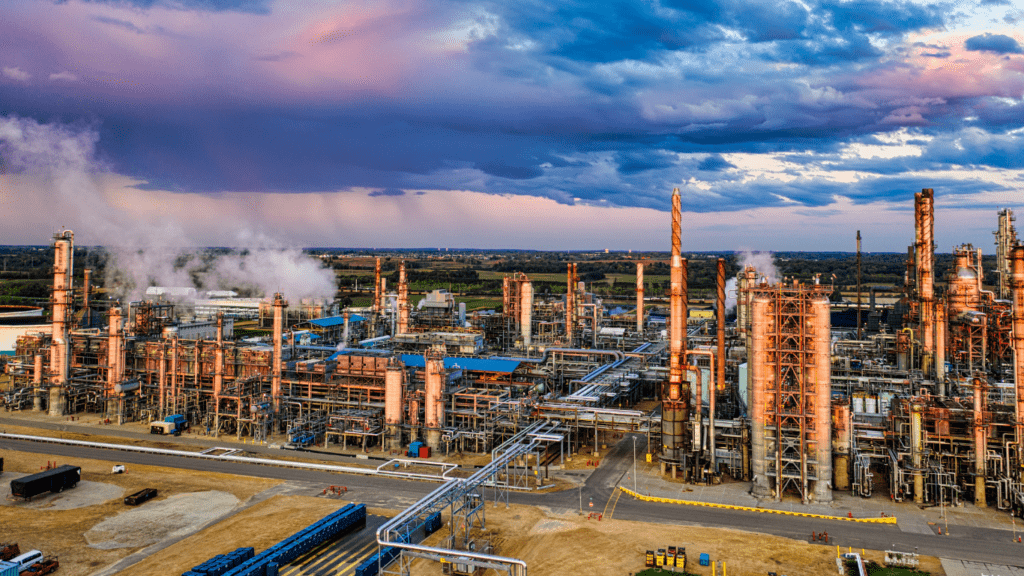The Impact of Technology on Modern Economies
Technological progress drives economic growth globally. Innovations enhance productivity, create new markets, and transform industries.
Enhancing Productivity and Efficiency
Technological tools increase productivity and streamline operations. Automation eliminates redundant tasks and reduces errors.
For example, manufacturing automation solutions expedite assembly lines, minimizing production time.
Cloud computing offers scalable resources, allowing businesses to manage data effectively without costly infrastructure.
AI and machine learning analyze data patterns, predicting inventory needs and customer behavior.
Creating New Markets and Industries
Technological advancements open new economic opportunities.
- Blockchain technology, for instance, introduces new markets for cryptocurrencies and decentralized finance.
- IoT creates smart devices, leading to sectors like smart home technology.
- E-commerce platforms revolutionize retail, allowing businesses to reach global customers. Virtual reality enables immersive experiences in gaming and education, creating niche industries.
Technological Innovations in Key Sectors
Technological advancements are significantly impacting various sectors, driving economic growth and transforming industries.
Key sectors like information technology and renewable energy are at the forefront of these changes.
Information Technology and Automation
Information technology, combining network advancements and hardware improvements, is revolutionizing operations across numerous industries.
It improves productivity by automating repetitive tasks and enhancing data analytics.
In manufacturing, robotics play pivotal roles in automating assembly lines, resulting in precision and speed.
According to PwC, automation can boost global GDP by $15 trillion by 2030. In finance, AI-powered algorithms predict market trends, optimizing investment strategies.
Cloud computing solutions provide scalable resources, reducing IT costs.
For instance, AWS and Microsoft Azure are widely adopted for their efficiency and flexibility. This digital transformation enhances business operations and fosters innovation.
Renewable Energy and Sustainability
Renewable energy technologies, including solar and wind power, are pushing the boundaries of sustainable development.
Advancements in photovoltaic cells have made solar energy a cost-effective alternative to fossil fuels.
According to the International Renewable Energy Agency (IRENA), the levelized cost of electricity from utility-scale solar photovoltaics fell by 82% between 2010 and 2019.
Wind turbines, supported by better materials and designs, generate more electricity with less environmental impact.
Moreover, smart grids optimize energy distribution, balancing supply and demand efficiently. Investments in renewable energy projects, driven by technological advancements, promote economic stability and energy independence.
For example, countries like Germany and China are leading the way in renewable energy initiatives, proving the economic viability of green technologies.
In these key sectors, technological innovations are poised to continue shaping economic growth, presenting new opportunities and addressing global challenges.
Global Economic Shifts Due to Technology
Technological advancements are inducing significant shifts in the global economy. Economies are evolving, driven by innovations cutting across multiple sectors.
The Rise of Digital Economies
Digital economies are emerging as powerful engines of growth. Nations are leveraging technologies like:
- blockchain
- AI
- cloud
computing to build robust digital infrastructures.
For example, Estonia has implemented e-governance systems for efficient public services.
- E-commerce is expanding, with global sales projected to reach $6.38 trillion by 2024.
- Fintech is innovating financial services, improving accessibility to banking and investment platforms.
- Social media giants like Facebook are creating new marketing channels for businesses, enhancing consumer engagement.
Challenges for Traditional Industries

Traditional industries face challenges adapting to rapid technological changes. Manufacturing sectors need to upgrade to Industry 4.0 standards, integrating IoT and robotics for improved productivity.
Retail faces disruption from e-commerce, necessitating better online strategies to stay competitive.
Automotive industries are transitioning to electric vehicles, driven by advancements in battery technology. Businesses in agriculture must adopt precision farming tools like:
- drones
- sensors
to boost yield. Countries relying on fossil fuels face economic pressure to shift towards renewable energy sources, impacting traditional energy sectors.
Economic Policies and Technological Growth
Economic policies shape technological growth by incentivizing innovation and adapting legal frameworks.
Government Initiatives and Regulations
Governments worldwide implement initiatives to foster technological advancements. For instance, the U.S. has tax incentives for R&D activities, leading to increased private sector investment.
Similarly, South Korea’s innovation strategy, which includes substantial funding for AI development, positions the country as a leader in technology. Regulatory adjustments also play a crucial role.
GDPR in the EU ensures data privacy, instilling consumer confidence in digital services, while the U.S. Clean Air Act promotes the development of green technologies.
Effective regulation balances stimulating innovation and protecting public interests.
The Role of Education in Technology Adoption
Education is pivotal in technology adoption, arming the workforce with necessary skills. STEM education initiatives in various countries aim to produce a tech-savvy generation.
For example, China’s focus on STEM from a young age has resulted in a surge of tech professionals, driving its tech industry forward.
Continuous professional development programs keep existing employees updated on emerging technologies, ensuring effective utilization.
Institutions like MIT and Stanford offer advanced courses in AI and machine learning, staying at the forefront of technological change. By fostering a culture of lifelong learning, education systems can sustain technological advancements in the economy.




